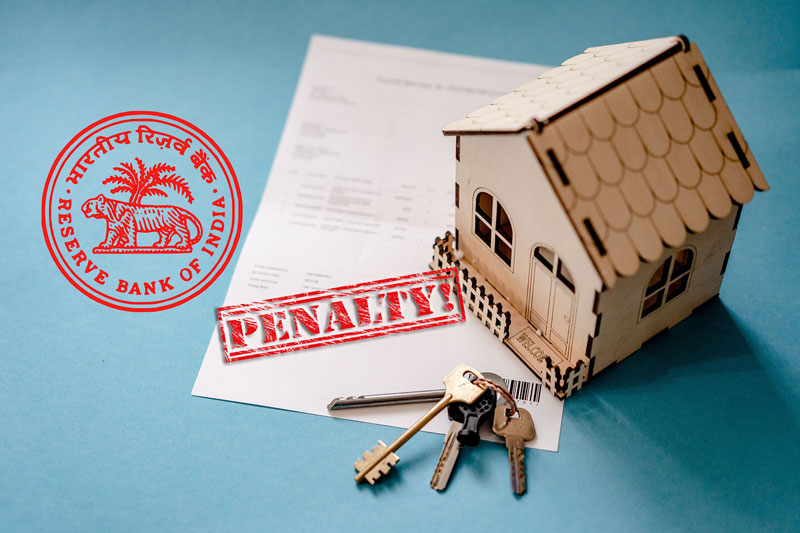In a significant move aimed at safeguarding the rights of borrowers, the Reserve Bank of India (RBI) has issued strict directives to Regulated Entities (REs), which include banks and non-banking finance companies (NBFCs). The directives, effective from December 1, 2023, require banks and NBFCs to release all original property documents, including movable and immovable assets, and remove any charges registered with a registry within 30 days of full repayment or settlement of the loan account.
Failure to comply with this directive will result in a substantial penalty of Rs 5,000 per day for any delays in the release of these crucial documents.
The RBI has invoked various regulatory acts, including sections 21, 35A, and 56 of the Banking Regulation Act, 1949, sections 45JA and 45L of the Reserve Bank of India Act, 1934, and section 30A of the National Housing Bank Act, 1987, to ensure strict enforcement of these guidelines.
Here are the key highlights of these directives:
1. Timely Release of Property Documents: All Regulated Entities, comprising banks, NBFCs (including HFCs), ARCs, LABs, and Co-Op Banks, are now mandated to release original movable and immovable property documents within 30 days after full repayment or settlement.
2. Borrower’s Choice: Borrowers now have the option to collect their original property documents from the branch where they serviced their loan account or from any other office of the RE, based on their preference.
3. Document Return Timeline: The timeline and location for the return of original property documents will be specified in the loan sanction letters issued after the effective date.
4. Handling Deceased Borrowers: In the unfortunate event of the sole borrower or joint borrowers passing away, REs are required to have a well-defined procedure for returning original property documents to legal heirs. This procedure will be published on the REs’ websites, along with other customer information policies.
5. Penalties for Delays: If there are any delays in releasing original property documents or in filing charge satisfaction forms with the relevant registry beyond 30 days after loan settlement, the RE must provide the borrower with an explanation for the delay. Moreover, if the delay is attributed to the RE, they must compensate the borrower at a rate of Rs 5,000 for each day of delay.
6. Loss or Damage: In the event of loss or damage to original property documents, the REs are obligated to assist the borrower in obtaining duplicate or certified copies, covering the associated costs, in addition to providing compensation.
7. Extended Time for Loss/Damage: If original property documents are lost or damaged, either in part or in full, REs will have an additional 30 days to complete the necessary procedures before calculating delayed period penalties (i.e., after a total period of 60 days).
The RBI’s directives aim to establish greater transparency and efficiency in the release of property documents, ultimately benefitting borrowers and reducing disputes related to property document release and charges. Borrowers can expect a smoother and more accountable process when dealing with banks and NBFCs following the implementation of these guidelines.


